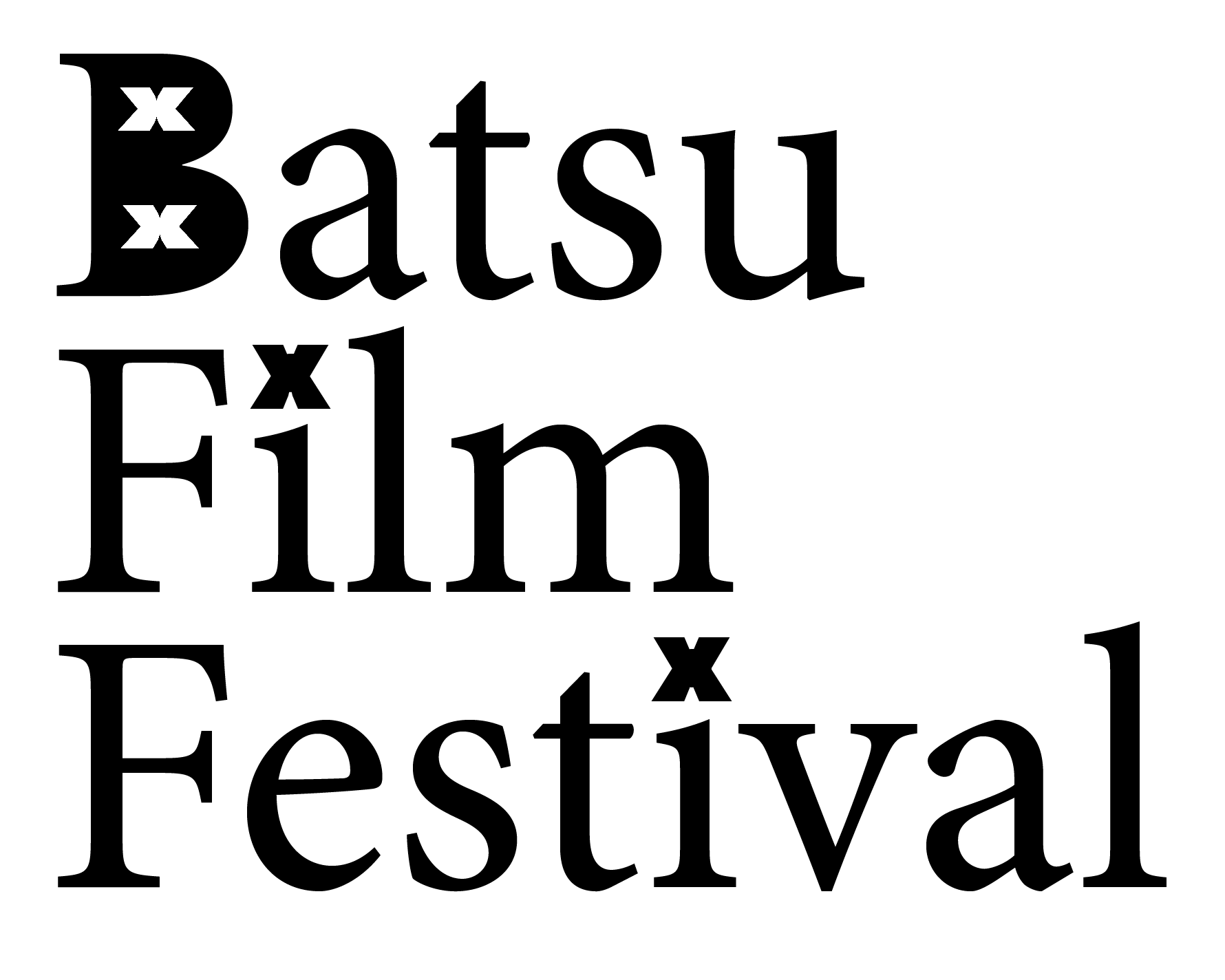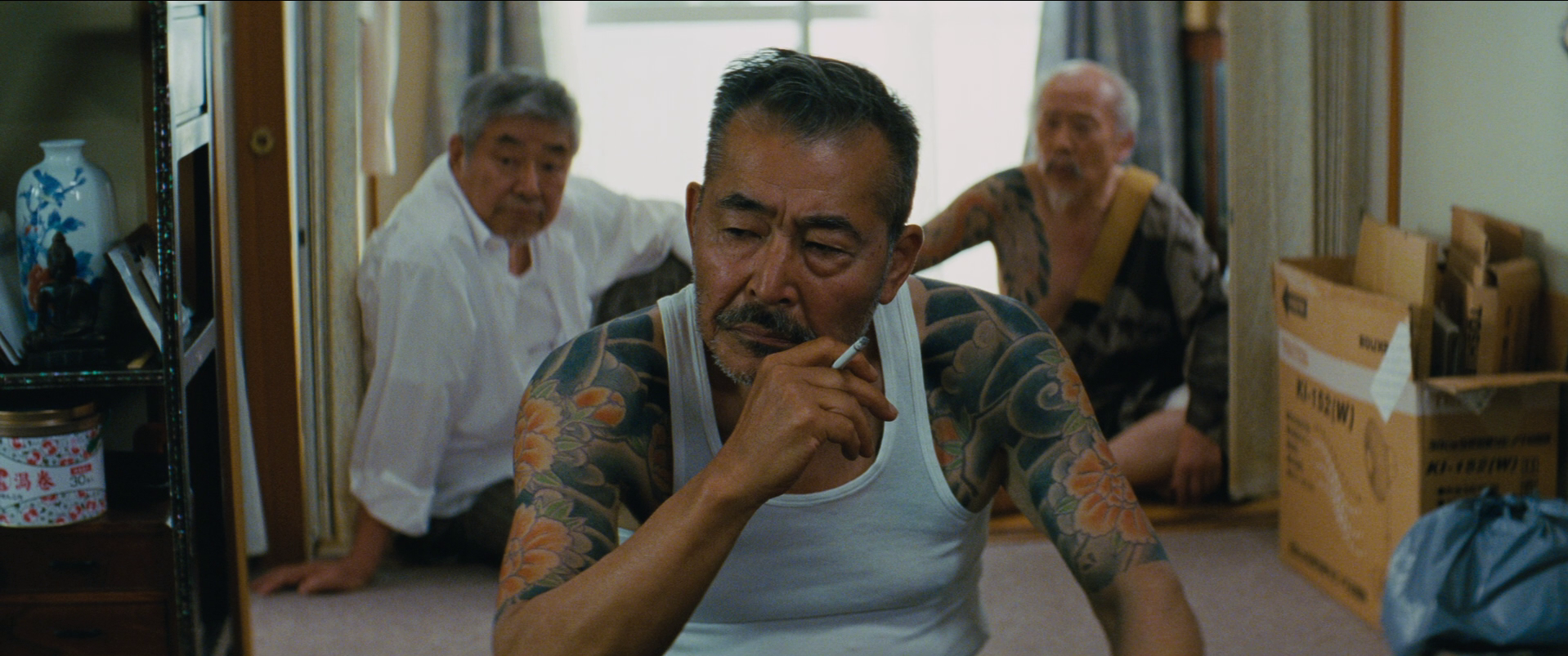Kitano's Last Film
by Jason Suzuki
According to a strangely sourced Variety article, Takeshi Kitano has supposedly settled on what will be the last film he directs. In what is being reported by a local magazine as “an unconfirmed exclusive,” Kitano will adapt his own novel Kubi (Neck) whose story revolves around the assassination of Oda Nobunaga, also known as the Honnouji Incident. On top of the shakiness of the cited, Kitano’s agency had no comment making this the film world equivalent of Uyghur camps in China or chemical attacks in Syria. And considering the commitment of other artist types who have declared retirement to actually remain in a retired state, much ambivalence should be brought about by this non-story. This seems to have been an excuse to write about Kitano which is not necesarilly a bad thing.
Final films are bestowed with an added juju which is why it would be a shame for something like Outrage Coda, his most recent directing effort, to be Kitano’s closing number. This is assuming he dies between now and whenever Kubi begins production. It also assumes Kubi will be made into a film. Then again, Kubi might not even be his next film in the first place (see above: entertainment journalism/journalism in general) but if it is then it does sound a bit of a stuffy note to go out on.
The title Outrage Coda makes it irresistible to both the trades and Letterboxd users for inclusion in their obituaries for the man. But what if Kitano soft-retired over a decade ago? During this soft-retirement he has taken up filmmaking as a hobby and with a handful of exceptions has produced work that would elicit the same type of response you would have looking at your grandfather’s Paint By Number. The start of this slumber traces back to 2010 and the release of Outrage, his return to yakuza subject matter followed by even more yakuza subject matter with Beyond Outrage in 2012 and Coda in 2017. The three Outrage films - specifically the first two - scream of an artist desperate for relevance and just wanting to be seen rather than appreciated. The problem was that he received said appreciation hence there being an entire trilogy. This eagerness to please was rather strange coming from the guy who just prior had done his “Artist Trilogy” which showed him as an artist very comfortable exploring the most insecure aspects of himself as a filmmaker to the point of alienating audiences. A trio to negate the previous trio. It’s something that would have made for a good dig at himself within Takeshis’ or Glory to the Filmmaker.
I see two highlights in this era: Kitano’s performance in 2017’s Ghost in the Shell - a film which has the distinction of being about the thing people chose to boycott it over - and a work of his own from 2015, Ryuzo and the Seven Henchmen. In it a retired yakuza (Tatsuya Fuji) decides to get the old crew together after almost becoming a victim to financial elder abuse while his son and family are away for a few days. So while it’s yet again more yakuza shit, this time it has the laid back feel of what I would argue to be more personal works like A Scene at the Sea, Kikujiro, and Kids Return where plot diversions occur frequently enough to make them Kitano-branded “slice-of-lie.” The somberness of those films is largely eschewed in Ryuzo, a series of vignettes and shaggy dog gags that culminate in a hilarious and slightly morbid climax. This aligns it closely to what I would argue is Kitano’s most personal film Getting Any?. Ryuzo feels like Kitano taking a break from chores.
The inclusion of phone scams targeting seniors has become more relevant with an aging population. Momoko Ando’s 0.5mm is a masterful picaresque film where most of the episodes explore the relationship between generations on opposite ends, cutting out the mid-aged middleman. Sakura Ando’s wandering hospice care worker cons her way from one home to the next. In Ando’s film the youth is struggling to get by while wealth is hoarded by the old. For Kitano the youth/elderly dichotomy is more focused on codes of conduct. Ryuzo’s son is a salaryman leading a straight life while his father is the burden on the family wasting away at Pachinko parlors. The new gangsters blend in with the rest of society, a survival tactic which further drives the obsolescence (played for laughs) of Ryuzo and company. Ryuzo and his men don’t abide by norms and as such occupy a space where they stand out despite society’s best efforts to brush them aside. The trope of older characters trying to traverse an unrecognizable modern world makes for good comedy when combined with the men’s yakuza code versus modern society along with their stupidity. Refreshingly, there is no reconciliation or mutual understanding between father and son, old gangsters and the contemporary ones.
Tatsuya Fuji doesn’t seem to have been in many gangster pictures so his casting isn’t necesarilly meant to evoke career specifics but rather the era in which he was in his prime. This speaks to the film’s overall avoidance of direct parody. The certain henchman w/ accompanying gimmicks feel familiar but not like you’re missing a direct reference. There’s also a cop (played by Kitano) who’s friendly with Ryuzo but warns him not to cause trouble. Escalating tensions with a rival gang that culminates in a showdown. We’ve seen a lot of this before but the roundabout ways we get there is in a way a rejection of tradition but not to the point of being inaccessible, which is how a good mainstream film should go about things
These sort of “last rodeo” type of films can be incredibly pandering. There’s a forked path for which direction it can go, both leading to phony pathos: either “His facilities are diminished and that makes the family sad” or “They might be old but just as sprightly as ever much to the chagrin of family.” Ryuzo falls within the latter but without forcing a sense of dignity about the old fuckers.
The recurring gags and set-ups that pay off later create a connective material. On a scene to scene basis this gag structure is very satisfying, sort of a mental game the audience gets to play with the film. There is a Tati level of amusement from the humor in the film. It’s so deadpan that outlandish gags become muted, save for the final showdown between Ryuzo and his men and the younger gangsters which is jarring compared to how subdued and matter of fact that the humor is for the rest of the film.
Despite the dry and goofy tone there are moments of real humanity. The boys call up loved ones before the big show down to bid farewell. Some have no loved ones so they call up acquaintances just to play out the self-importance of a final mission. When it’s Ryuzo’s turn he calls his son and offers an actual apology for being a burden on the family. He’s not looking to borrow money or making excuses for himself and Fuji plays it in a way where you get the sense Ryuzo knows this isn’t good enough. Still, the son doesn’t believe it, thinking it to be another phone scam. Kitano chooses the gag - which was established at the very start of the film - over sap.
Of course all of this is just another attempt at pigeonholing Kitano. A way to put him into a box despite claiming his best aspects are those that are non-conforming. Ryuzo didn’t really get a fair shake, the only film of his in the last decade to not receive Western distribution. If we’re being fair, the bang bang of the Outrage films are an easier sell but Ryuzo exhibits Kitano in his iconoclastic side. Despite feeling so minor it’s hard to make a case for this film being pandering. It’s just Kitano and his henchmen dicking around with studio money.

